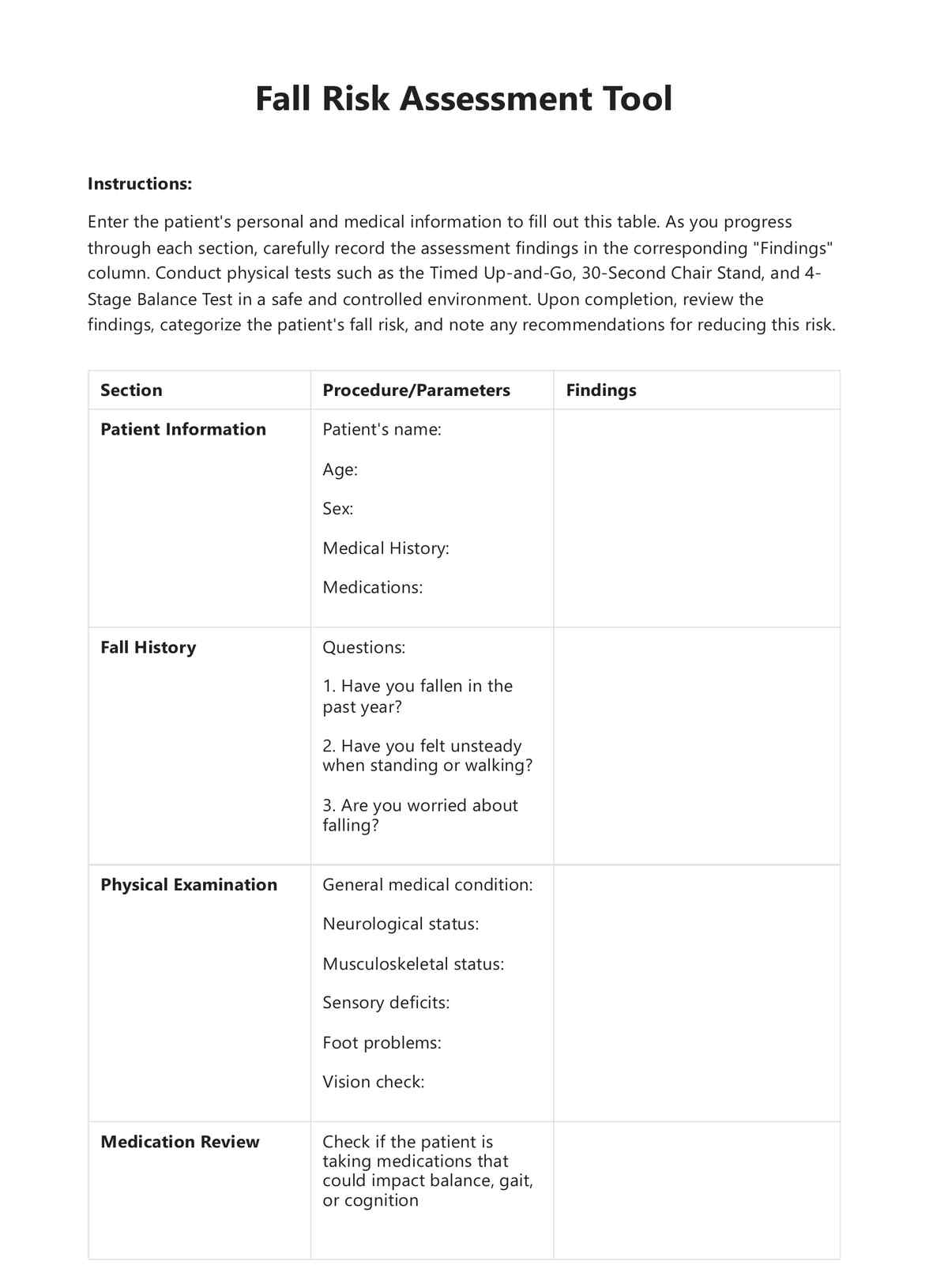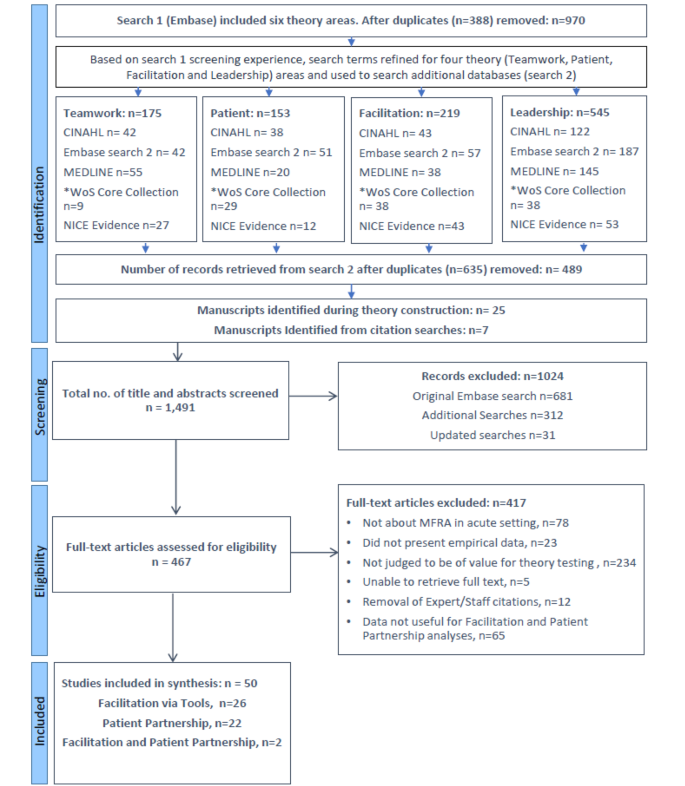The Ultimate Guide To Dementia Fall Risk
Wiki Article
The Best Strategy To Use For Dementia Fall Risk
Table of ContentsThe Ultimate Guide To Dementia Fall RiskThe Single Strategy To Use For Dementia Fall RiskDementia Fall Risk Can Be Fun For AnyoneThe Main Principles Of Dementia Fall Risk 6 Simple Techniques For Dementia Fall Risk
The FRAT has 3 areas: fall risk standing, threat variable checklist, and activity strategy. A Fall Threat Condition consists of data concerning history of current drops, medicines, mental and cognitive condition of the person - Dementia Fall Risk.If the client scores on a threat aspect, the equivalent number of points are counted to the individual's loss threat rating in the box to the far. If a person's autumn danger rating amounts to 5 or higher, the person goes to high threat for drops. If the individual ratings only 4 factors or lower, they are still at some danger of falling, and the registered nurse needs to use their best clinical analysis to take care of all fall danger aspects as part of an all natural care strategy.
These conventional methods, in basic, aid establish a safe setting that lowers unintentional drops and defines core precautionary actions for all clients. Indicators are vital for individuals at risk for falls.
The Main Principles Of Dementia Fall Risk
As an example, wristbands should include the individual's last and given name, day of birth, and NHS number in the UK. Details ought to be printed/written in black versus a white background. Only red shade should be made use of to signify special person status. These suggestions are consistent with existing advancements in person recognition (Sevdalis et al., 2009).
Products that are too far might need the individual to get to out or ambulate unnecessarily and can possibly be a threat or contribute to drops. Helps stop the client from heading out of bed with no support. Registered nurses reply to fallers' call lights much more quickly than they do to lights initiated by non-fallers.
Visual problems can greatly cause falls. Hip pads, when put on properly, might minimize a hip crack when loss happens. Keeping the beds closer to the flooring decreases the risk of falls and severe injury. Positioning the bed mattress on the flooring significantly minimizes autumn danger in some medical care setups. Reduced beds are developed to lessen the distance an individual falls after moving out of bed.
Unknown Facts About Dementia Fall Risk
Individuals that are tall and with weak leg muscles who try to sit on the bed from a standing setting are most likely to fall onto the bed since it's also reduced for them to lower themselves safely. Also, if a here are the findings tall person attempts to stand up from a reduced bed without aid, the person is likely to fall back down onto the bed or miss the bed and fall onto the flooring.They're made to promote timely rescue, not to stop drops from This Site bed. Apart from bed alarms, raised supervision for risky individuals likewise might aid protect against falls.

People with a shuffling gait rise autumn chances dramatically. To reduce autumn threat, footwear must be with a little to no heel, thin soles with slip-resistant walk, and support the ankles.
Rumored Buzz on Dementia Fall Risk
In a research study, homes with sufficient lighting record less falls (Ramulu et al., 2021). Renovation in lights at home might reduce loss prices in older adults.
Sitters are reliable for guaranteeing a secure, safeguarded, and risk-free atmosphere. Nonetheless, studies showed extremely low-certainty proof recommended you read that sitters decrease autumn threat in acute care medical facilities and only moderate-certainty that choices like video clip surveillance can minimize sitter use without enhancing fall danger, recommending that caretakers are not as useful as originally thought (Greely et al., 2020).
Some Known Details About Dementia Fall Risk

Raised physical conditioning reduces the danger for drops and restricts injury that is received when autumn takes place. Land and water-based exercise programs may be likewise helpful on balance and stride and thereby lower the danger for falls. Water exercise may contribute a favorable advantage on equilibrium and gait for ladies 65 years and older.
Chair Surge Workout is an easy sit-to-stand workout that assists reinforce the muscle mass in the upper legs and buttocks and enhances movement and freedom. The goal is to do Chair Increase workouts without using hands as the customer becomes more powerful. See sources section for a comprehensive instruction on just how to execute Chair Increase exercise.
Report this wiki page